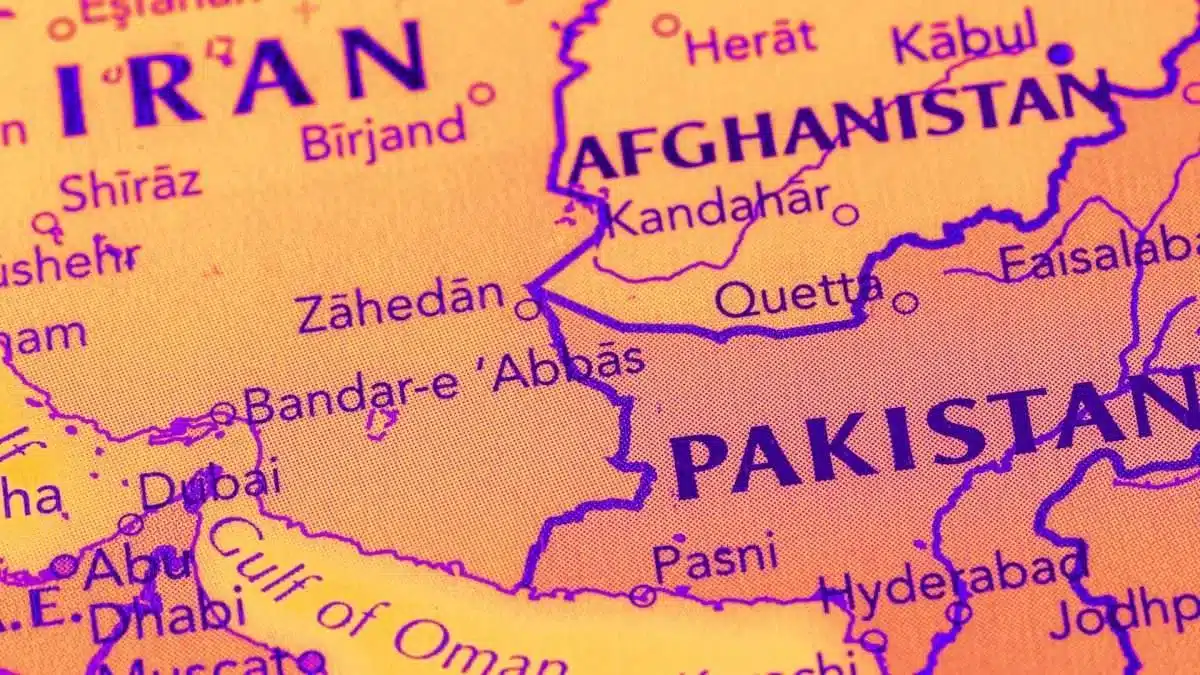Operation Marg Bar Sarmachar is going down in the history of the rough patches in Pak-Iran relations. After over 24 hours of Iranian strikes inside Pakistan, the latter has retaliated by striking seven different locations in the Sistan-Balochistan province of Iran that borders Pakistan. The response was highly anticipated. Whether the trajectory of escalation will be upwards or downwards from here on remains to be seen. But striking first, Iran has lost a greater degree of leverage.
Iran is an aggressor and there is little to no second opinion on that. But this aggression by Iran towards Pakistan was blind, to say the least. A strategic blunder at best, Iran has lost its soft image inside Pakistan in just one blow. And why it should be worried? Because in the larger alignment of interests, Iran stands in a very tight spot in the Middle Eastern situation defined by one over-arching reality – the Gaza conflict.
The desperation to show aggression manifested first in the Erbil attacks where Iran supposedly hit ISIS and indirectly the United States, as per its version of what it perceives as a threat and where it emanates from.
But blurring the lines between what it needed to target immediately and what are the long-standing not-so-imminent threats is going to create trouble for Iran for a good amount of time now. In acting aggressively, and having faced retaliatory attacks, Iran has tainted its regional power projections and that too quite willfully. Add to that, it has also cracked the collective moral front the Muslim countries somewhat maintained to Israel’s unjust Gaza offensive and genocide.
Even if Iran was acting in strategic concurrence with India, it was a mistake to jump into unilateral, unprovoked action. Pakistan’s response to Iran has been precision-driven and calculated. The most remarkable thing is that it retaliated but also maintained its image of a nuclear country that acts with caution, restraint, and sanity. In the 24 hours following the Iranian strikes, the most worrisome and debated aspect was how and how much will Pakistan retaliate. Precision strikes on anti-Pakistan terrorists in Iran were just the reciprocal response, in line with international law.

The symbolism behind naming the counter-strikes as Operation Marg Bar Sarmachar (Death Upon the Terrorists in English) is also very significant.
Pakistan has sealed the impression that it wishes downfall and death upon the terrorists hiding in “ungoverned spaces inside Iran” and attacking Pakistan persistently.
This was also to say that no conflict is desirable with neighboring Iran. But Pakistan-Iran relations have definitely been derailed after this exchange and the responsibility lies with the country that hit first.
Also Read: Behind the Unprovoked Iranian Strike
It is very unlikely that further escalation will happen but this episode of two days and two nights has deprived Iran of its strategic leverage and established Pakistan as a responsible country. If we are to assume that Iran benefits from its aggressor image, we must also know that those advantages are within the confines of the Middle Eastern region but using that same aggression in West Asia and expecting a tactical advantage in return, Iran has learned the hard way that its proxy expansionist endeavors have their limits.



![Afghan men search for victims after a Pakistani air strike hit a residential area in the Girdi Kas village, Nangarhar province on February 22, 2026. [Aimal Zahir/AFP/Getty Images]](https://southasiatimes.org/wp-content/uploads/2026/02/gettyimages-2262391441.webp)


